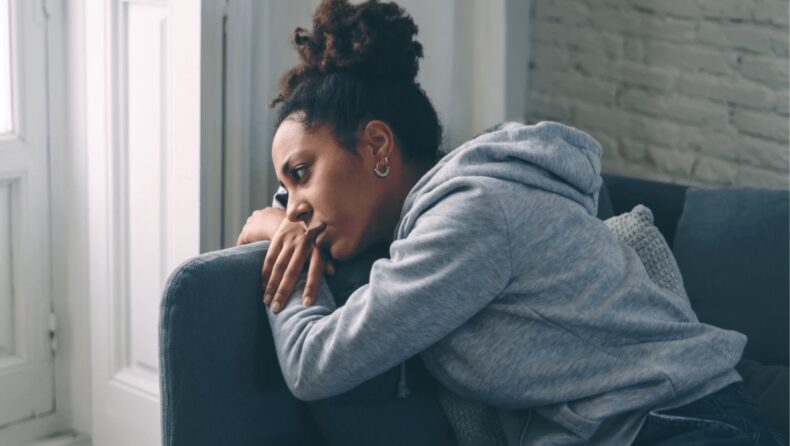Us Surgeon, Dr Vivek Murthy on Tuesday declared widespread loneliness in the US to be the most recent public health crisis, warning that it poses health risks as fatal as smoking 15 cigarettes regularly which in turn costs the healthcare sector billions of dollars yearly.

Surgeon’s experience with loneliness
The Surgeon claimed that he was one of the many American citizens who had felt a “profound sense of loneliness.” In an interview, he revealed that his own struggles with loneliness began both during and immediately following the conclusion of his first term as Surgeon General in April 2017.
Because he believed it would be difficult to focus on both work and family and friends at the same time, he had overlooked them during that time. A severe sensation of loneliness that accompanied him for weeks and then months was the result, and he was genuinely suffering as a consequence of it.
Why is loneliness risky?
In an 81-page report issued by his office, Dr. Vivek Murthy stated that around half of U.S. individuals claim to have experienced loneliness.
It is now widely acknowledged that loneliness is a widespread emotion. Like being hungry or thirsty. According to Dr. Murthy, it’s a signal the body gives us when something essential to our life is lacking. He issued the advisory to lift the veil on a suffering that numerous individuals are experiencing because millions of residents in America are suffering in the dark, which is wrong. The declaration aims to increase public awareness of loneliness, but it will not result in federal funds or programming aimed at addressing the problem.

According to research, Americans have consistently reported feeling lonelier over the past few decades as their involvement in places of worship, neighbourhood organisations, and even their own families has decreased. During the last 60 years, it has been observed that the number of single-person households has also doubled.
According to studies, loneliness increases the risk of dying young by roughly 30% due to illnesses including diabetes, heart attacks, sleeplessness, and dementia. Additionally, it has been discovered that a lack of social connections is associated with poorer academic performance and worse job performance.
However, the situation significantly deteriorated when Covid-19 spread, forcing millions of Americans to isolate themselves at home away from family or friends and forcing businesses and schools to close their doors.
According to Dr. Murthy’s research, people have significantly reduced quality time with their pals and pruned their friend circles during the Covid-19 outbreak. In contrast to the 60 minutes per day nearly two decades earlier, Americans only spent around 20 minutes each day with friends in person in 2020.
According to one study cited in the report, participant social network sizes decreased by 16% on average between June 2019 and June 2020.
Dr. Murthy has advocated for a nationwide initiative to repair the social fabric of our country in order to combat this, destigmatize loneliness, and alter our cultural and policy responses to it. His plan is supported by six pillars, one of which is an endeavour to improve community social infrastructure, partly through the use of public health systems.
One study referenced in the article found that participants who engaged in social media for two or more hours regularly were more likely to report feeling socially isolated in comparison to those who used such applications for less than 30 minutes a day. Thus suggesting that technology has significantly worsened the problem of loneliness. Social media, according to Murthy, is particularly responsible for the rise in loneliness. His research recommends that technology businesses implement child protections, particularly in relation to their use of social media.

The surgeon claims that face-to-face communication is truly vital. We missed out on a lot of that in-person engagement as we started to communicate more and more through technology.













